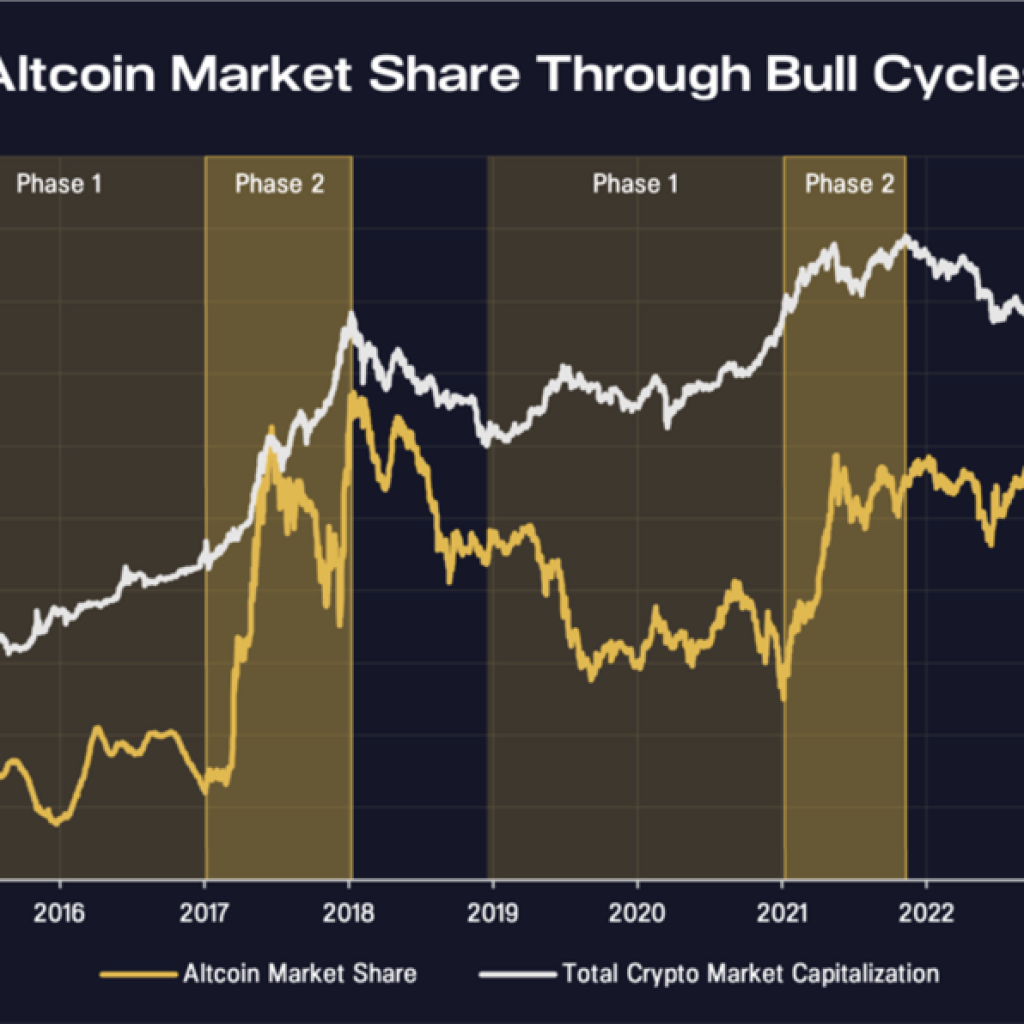John Reed Stark, the driving force behind the creation of the SEC Office of Internet Enforcement, has issued a stark warning to the world of cryptocurrency.
His message is unambiguous: “It’s time to step away from crypto platforms.” Stark’s reasoning stems from a deep-seated belief that the crypto trading landscape is about to face significant regulatory challenges, possibly spelling turmoil for those who remain invested.
Understanding the urgency: A regulator’s perspective
Stark, a veteran in regulatory enforcement with nearly two decades of experience in the SEC Enforcement Division, maintains that his viewpoint is unbiased and focused purely on fact.
Despite a history of critiquing SEC actions, he has expressed his full support for the agency’s latest cryptocurrency enforcement strategies, painting crypto trading platforms as risky ventures riddled with potential pitfalls.
To Stark, the lack of SEC registration for these platforms makes them inherently unsafe. He posits that the SEC’s registration requirements for financial firms are necessary to safeguard investor interests and provide transparency in the market.
The current state of affairs in crypto trading platforms, in stark contrast, is marked by a significant absence of regulatory oversight and protections, rendering them fertile ground for fraudulent activities.
The crypto chasm: Stark’s foreboding outlook
The absence of regulatory governance in the world of digital asset platforms is of great concern to Stark. According to him, the crypto marketplace is like the Wild West, with no clear rules or structures to ensure fair play.
Unlike traditional, SEC-registered financial firms, crypto trading platforms are not subject to mandatory requirements for pricing, order flow of transactions, cybersecurity standards, customer complaint redressal mechanisms, and many more.
This regulatory void opens up a gaping hole in customer protection. Stark emphasizes that crypto trading platforms do not have to follow the statutes prohibiting manipulation, insider trading, and other fraudulent behaviors.
They are also not required to have any mandated cybersecurity requirements or robust processes to manage customer complaints, raising the risks for users exponentially.
In Stark’s view, the laissez-faire approach taken by these platforms also affects the overall fairness, execution, and transparency of transactions.
The lack of uniform trading protocols and access to platform’s trading services means that all users are not treated equally, leading to potential inequalities and exploitation.
Furthermore, these platforms have no obligation to follow best execution requirements or maintain minimum financial standards for operation, liquidity, and net capital.
This absence of regulation and oversight places not only individual investors at risk but potentially destabilizes the entire system.
Stark’s contention is clear: The very principles that make the U.S. financial markets amongst the safest and most robust in the world are lacking in the cryptoverse.
The absence of SEC registration, and the crucial protections it offers, creates a volatile and precarious environment for crypto traders. His words serve as a potent reminder of the possible upheavals that could follow as law enforcement agencies tighten their grip on this fast-evolving sector.
In his call for caution, Stark paints a sobering picture of the crypto landscape. His words resonate with an undeniable logic: SEC registration, with its associated investor protections and system safeguards, provides a much-needed safety net for participants in the financial marketplace.





